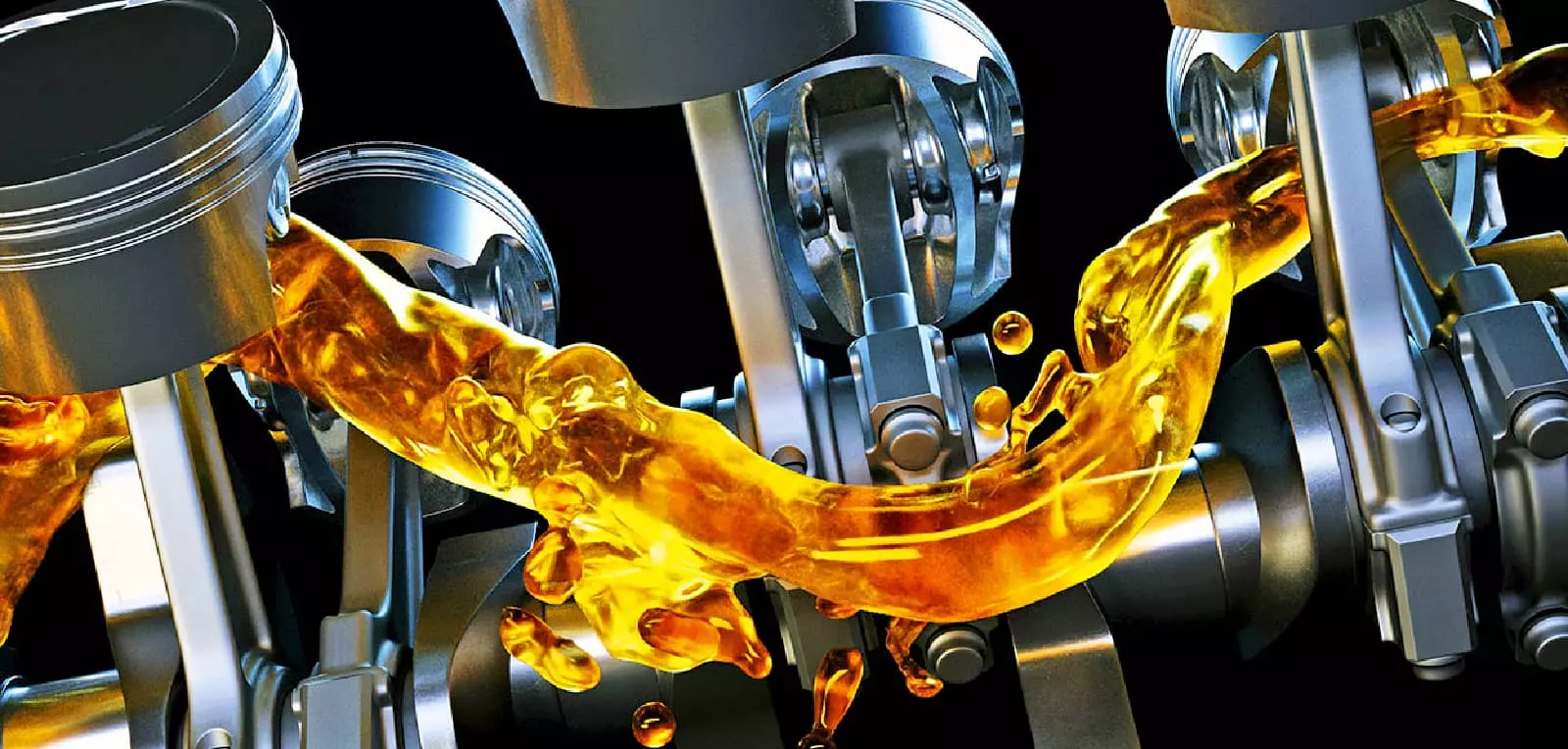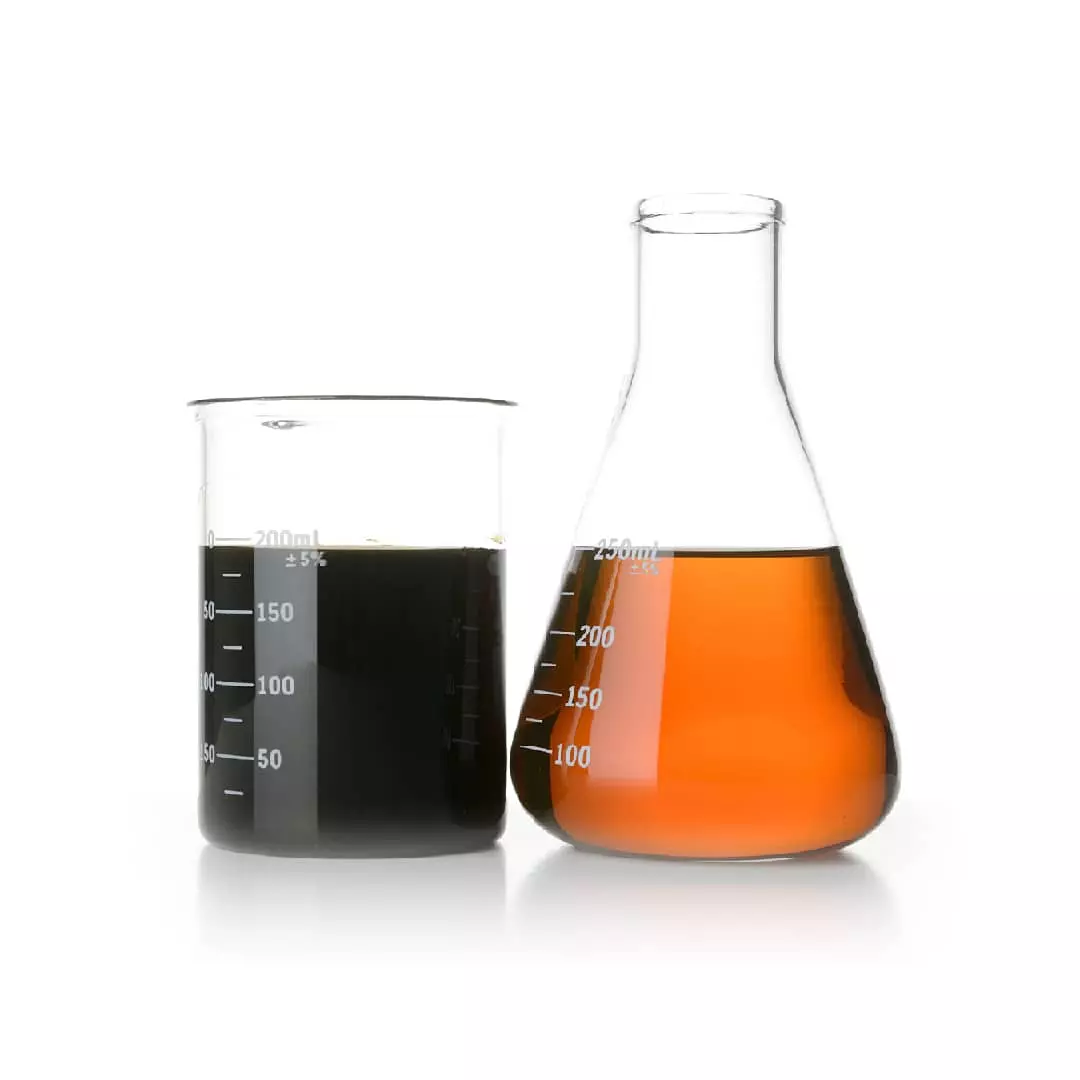Different Types Of Engine Oils
Synthetic Engine Oil
The molecules in fully synthetic motor oil are homogenous due to extensive chemical engineering. As a result, it operates more consistently than normal oil molecules while containing less contaminants. Higher viscosity levels and superior oxidation and corrosion resistance are characteristics of fully synthetic oil. It is advised for high-performance engines or cars used for towing because it is often the priciest oil type available.
Synthetic Blend Oil
Semi-synthetic motor oil is a mix that combines synthetic and traditional base oils for enhanced oxidation resistance and remarkable low-temperature qualities. For those who desire enhanced conventional oil performance without having to pay the exorbitant cost of entirely synthetic oil, this is a suitable option.
High Mileage Oil
You might need to switch to “high mileage oil” if your automobile has more than 75,000 miles on it. The special additives in this kind of oil guard seals, stop oil leaks, and lower oil burn-off, engine smoke, and engine pollutants.
Conventional Oil
The industry standard is conventional motor oil. It can be found in a variety of viscosity grades and is produced from refined crude oil. Most late-model vehicles that are driven frequently and don’t need additional protection employ it.
Motor Oil Grades
20w50
Engine oil in the 20W-50 grade, which is heavy-duty multigrade, is primarily used at higher temperatures.
15w40
The 15W-40 engine oil is specifically formulated for trucks and busses to provide reliable protection.
10w40
The viscosity of 10W-40 oil at low temperatures is 10W, whereas, at high temperatures, it is 40.
SAE 50
For vintage vehicles, agricultural machinery, and pre-war engines, SAE 50 engine oils are suitable for use in engines without turbochargers.
2 Cycle
Motor oil suitable for two-stroke crankcase compression engines is known as 2cycle motor oil
Applications of engine oil
- Lubrication
- Cooling
- Cleaning
- Protection against corrosion
A properly functioning engine relies on engine oil for many purposes over time. To give you an overview:
- Its main function is to lubricate the parts of the engine that are continuously in contact. Therefore, friction is reduced, which tends to decrease the life of engine components.
- Because combustion loses energy and mechanical parts rub against each other, the engine temperature rises. Through the lubrication circuit, engine oil provides part lubrication and helps to release heat. In addition to the cooling fluid, which only cools certain parts of the engine, it provides heat transfer fluid.
- Engine oil’s cleaning power is less known but crucial. As the engine runs, microscopic deposits become embedded in the oil. For example, they can consist of combustion residue or dust particles. The residue inside the engine would clog it and reduce its performance if left without engine oil. During the engine’s operation, engine oil is continuously circulating to carry these contaminants to the oil filter.
- Engine components can be damaged by corrosive acid produced by fuel combustion. Modern engine oils contain additives that slow corrosion. Yet, engine oil may oxidize over time and lose its capacity to inhibit corrosion when in contact with oxygen. This is why it is necessary to change engine oil on a regular basis.
Which one is the right one?
Use the viscosity grade(s) recommended by the OEM throughout the life of the engine and especially during its warranty period to ensure the right lubricant is used on your vehicles. Temperatures associated with starting temperatures are more relevant to recommending viscosity grades than temperatures at ambient temperatures.
In a wide range of ambient temperatures, engine oils’ operating temperatures don’t change significantly, so their recommended viscosities don’t vary much. There is one significant difference in terms of viscosity grade “W,” and that is the starting temperature since this determines the fluid’s viscosity, permeability, and suitability to lubricate the engine.


